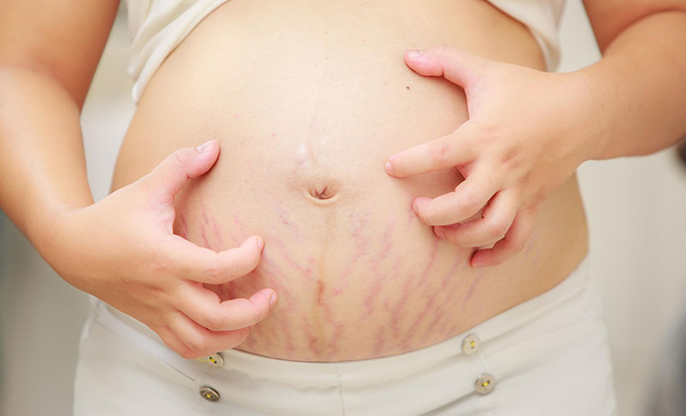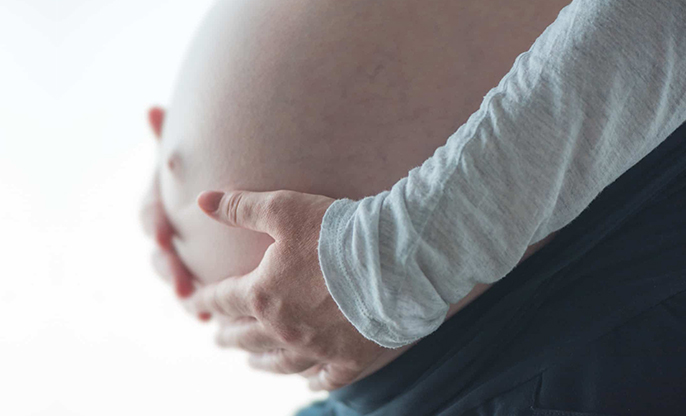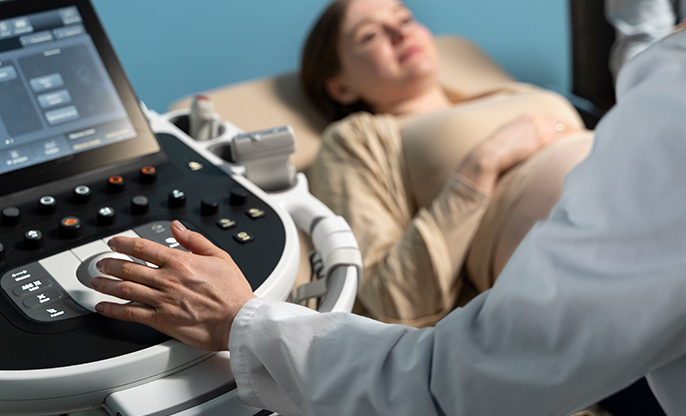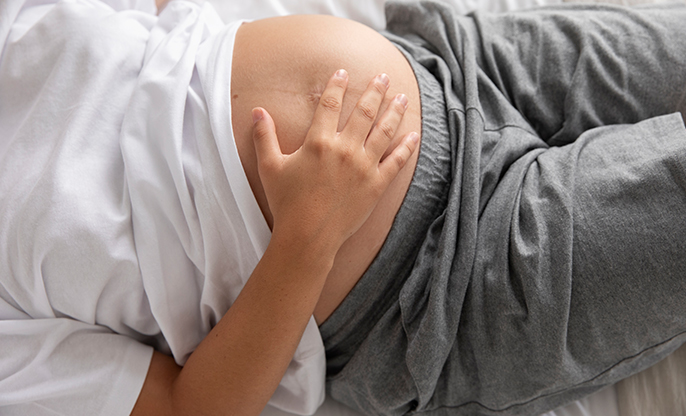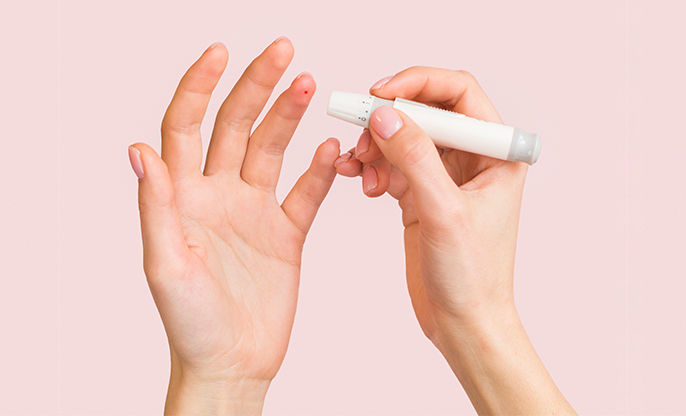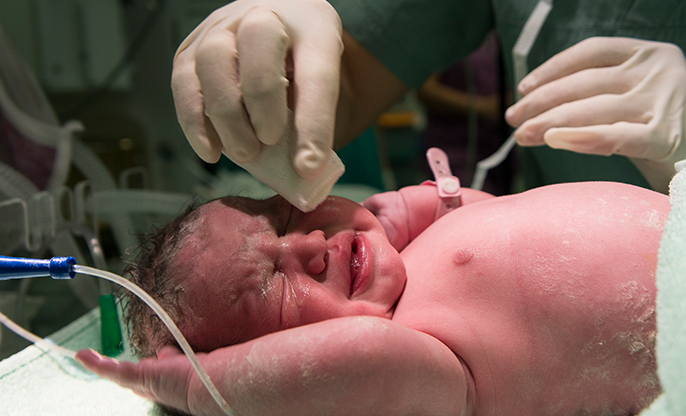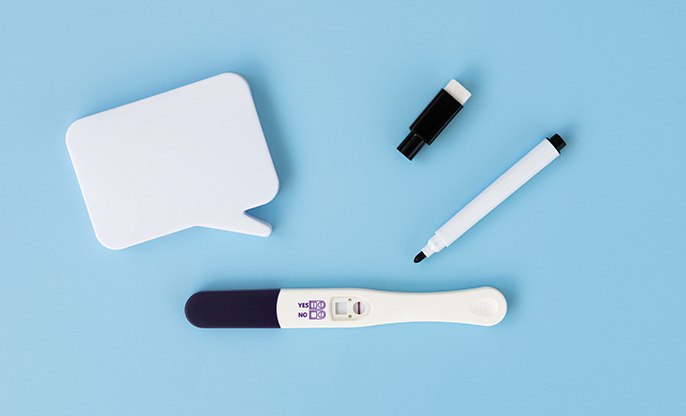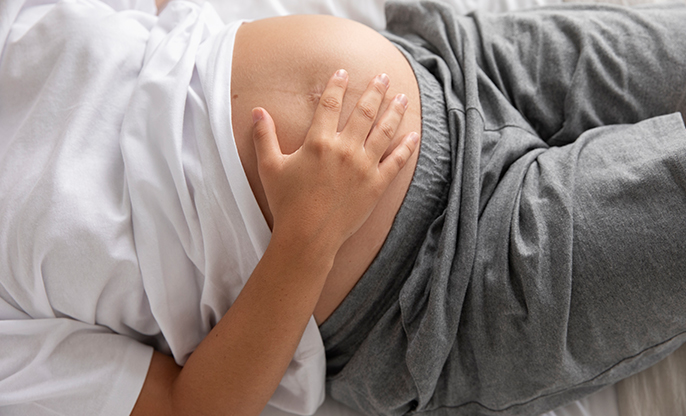
Scientific definition: Intrahepatic cholestasis of pregnancy (ICP) or obstetric cholestasis is characterized by pruritus and an elevation in serum bile acid concentrations. It is the most common liver disease unique to pregnancy!
In simple words, it is a potentially serious liver disorder that can develop late in pregnancy; typically, in the 3rd trimester and shall rapidly resolve after delivery. Normally, bile acids flow from your liver to your gut to help you digest food. In ICP, the bile acids do not flow properly and build up in your body instead, that causes severe itching.
Implications for pregnancy
Having
obstetric cholestasis is unlikely to harm you, but it causes itching of the
skin that can be very uncomfortable; it is often worse at night, which can keep
you awake and leave you feeling exhausted.
However, symptoms get better post birth!
Although unusual, it's possible for OC to affect
the ability of your blood to clot. If you have a pre-existing clotting
disorder, pale stools or severe OC starting in early pregnancy, your care
provider may offer you a vitamin K supplement to help your blood to clot. Unfortunately,
if medication / supplementation doesn’t lower bile levels, your care provider
may recommend delivering your baby early.
Implications for birth
·
One of the main concerns with OC is that your baby may be
born early.
·
Also, your baby is more likely to pass his/her first poop
(meconium) before birth. This can sometimes cause breathing problems for your
baby, if the meconium gets into his/her airways (meconium aspiration
syndrome).
·
Furtherance, bile acids upon entering your baby’s lungs while
he/she was in your womb may also cause breathing problems even after birth.
·
Many studies have concluded that OC also causes fetal
distress.
·
Lastly, high levels of bile acid are also known to increase
the risk of stillbirth.
Statistics
Clinical studies clearly show that when obstetric cholestasis complicates pregnancies it may lead to premature births in up to 60%, fetal distress in up to 33%, and intrauterine death in up to 2% of patients.
Active management
There is no cure
for obstetric cholestasis except the birth of your baby. However, some treatments
may ease symptoms for most women. Such treatments might include:
1.
Cool baths
2.
Loose cotton clothing
3.
Skin creams and ointments
4. Rest
Takeaway
There
is a significant risk for fetal morbidity and mortality in OC with evident
implications for future health of the offspring. Hence, early diagnosis and
active maternal and fetal surveillance are of utmost importance to avoid
adverse outcomes of obstetric cholestasis.


